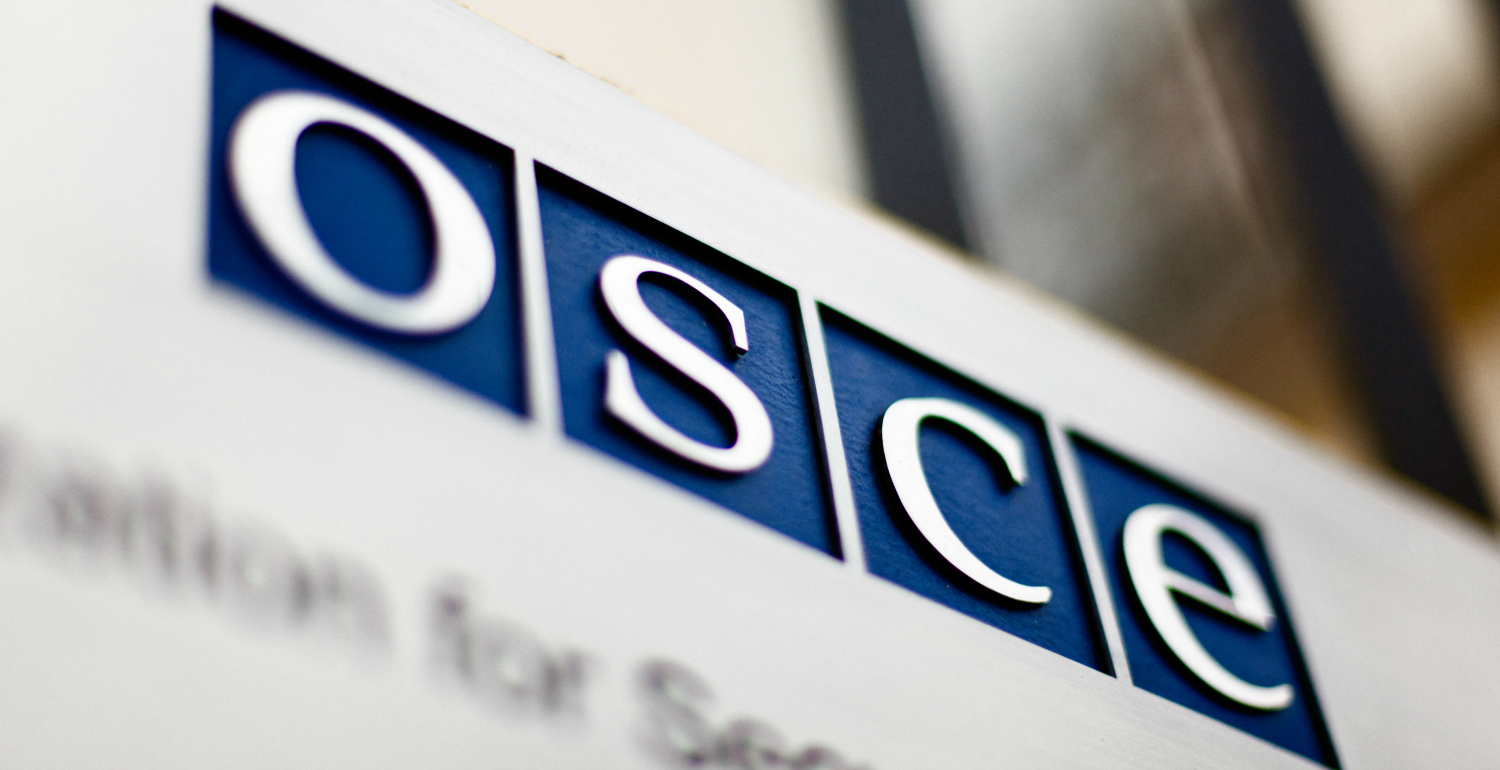This two day briefing was a response to legislation that called for the CSCE to conduct an analysis of the OSCE’s strengths and weaknesses and to ascertain the feasibility of creating similar institutions in other geographic regions. The briefing was divided into six panels. This sixth panel dealt with future prospects for multilateralism.
Drawing from conclusions in previous panels, Professor Zartman stressed that the CSCE model could not be a template imposed on other regions without consideration for regional mores and traditions. He argued that there was no “rich culture” of the respect for human rights outside of Europe. Professor Buergenthal, however, believed that multilateralism was in the interest of the vast majority of states, especially smaller ones. International law and consensus-based decision making procedures coupled with wide ranging membership acts as a hedge against power politics, he argued, which works to the benefit of many states. Ultimately, panelists were optimistic about the future of multilateralism, but conceded that the development of new international organizations across the world would have to develop in a manner that was attuned to the region’s specific resources and needs.






